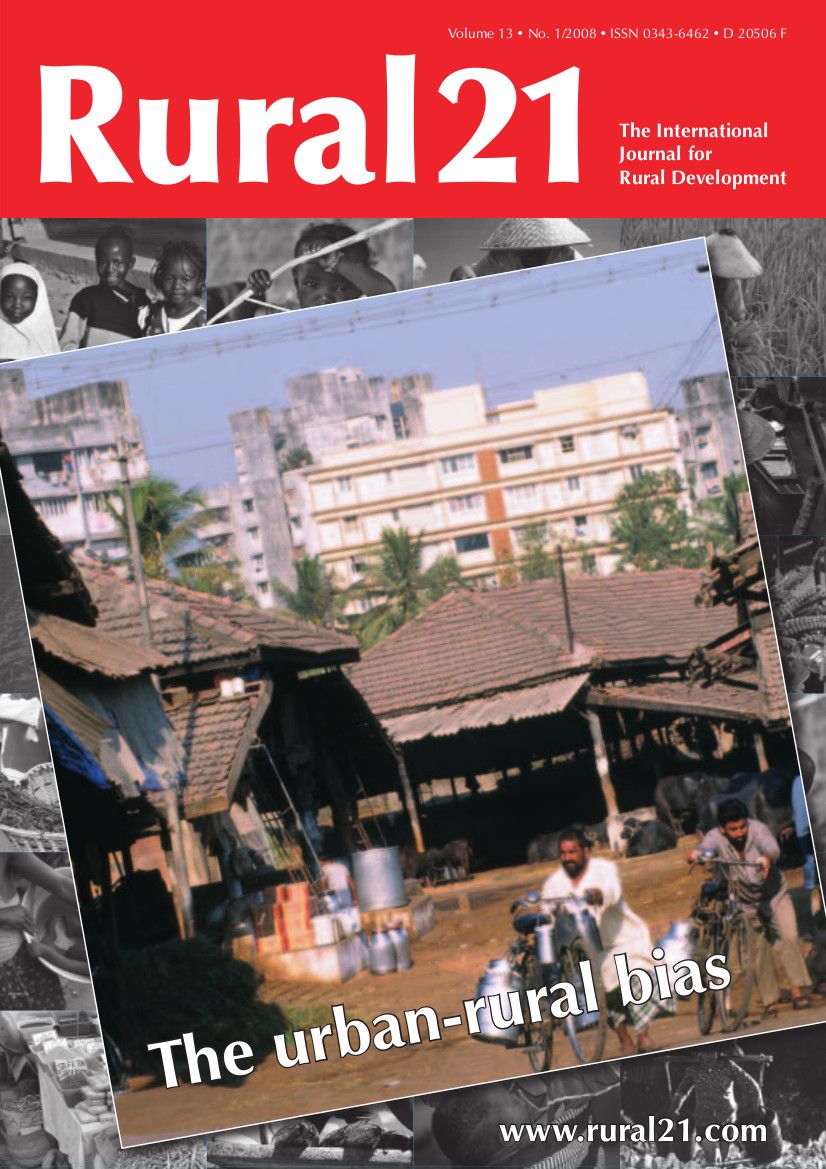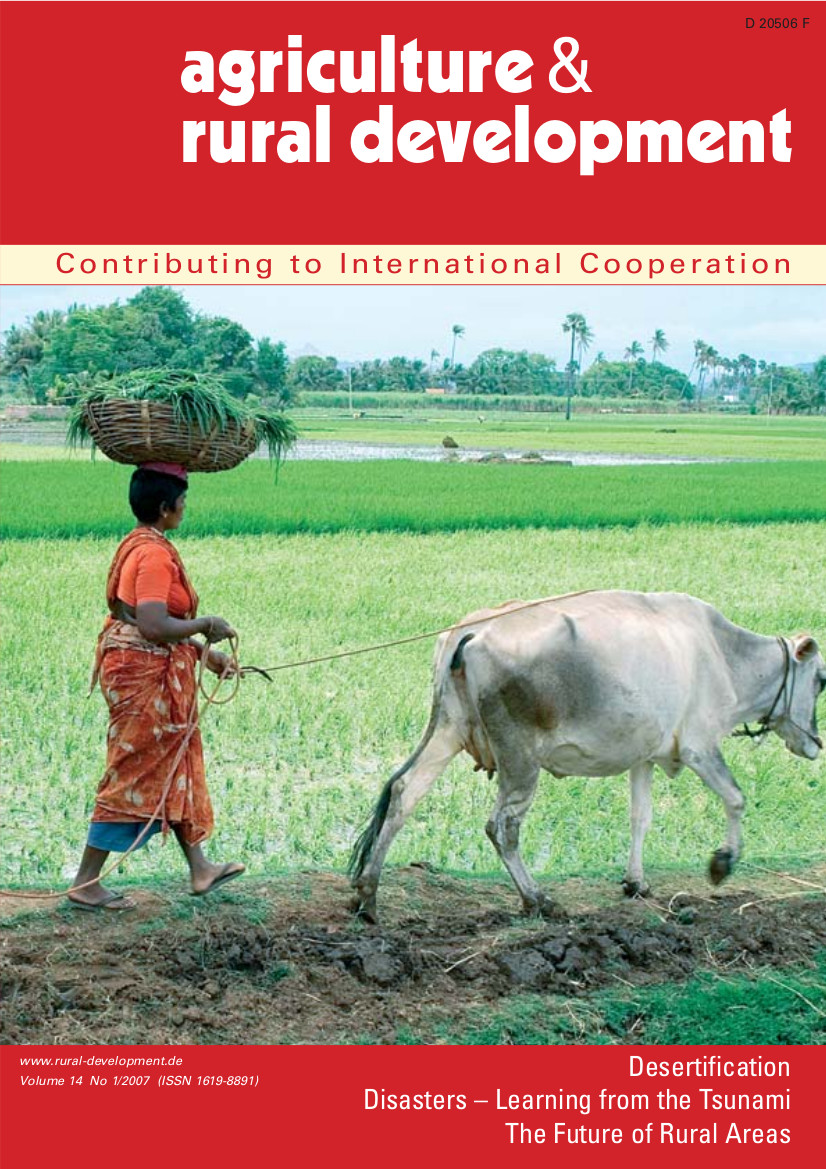Regional rural development needs people empowerment
Lessons learnt from India prove that people empowerment through self-help groups and target group orientation still matters for sustainable rural development. However, this is only true if economic, socio-cultural, political and environmental empowerment interlock. This article makes an argument for a grassroot-level and participative approach of people empowerment in regional rural development.





